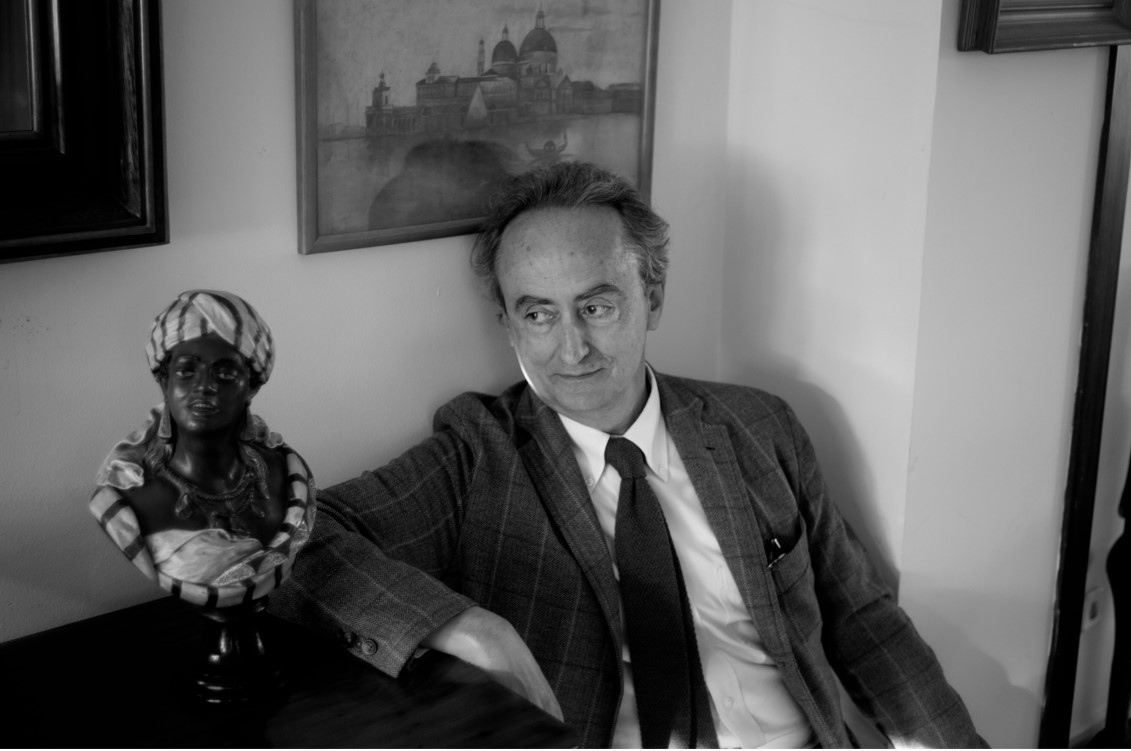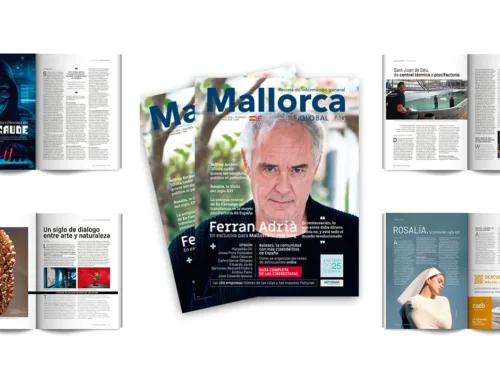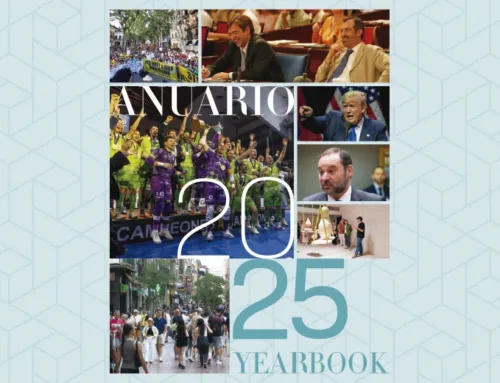“Observing the sea as it is observed in Havana, Palermo or Corfu: as the only border. Observing it and knowing that it is the sea that has made us who we are. For better and for worse. Nothing has influenced us as much as the sea. And waiting”.
Towards the end of “In the submerged city”, a book in which he tells his family history in relation to Palma, the poet and narrator José Carlos Llop offers a key to the island spirit. And in the middle of the interview with Mallorca Caprice he describes another: “The weather interests us especially. We talk about the weather so as not to talk about more intimate or conflictive things. It is an almost Japanese form of education, a form of courtesy. It is also a way of recognizing one’s own territory”.
– You say that Palma is the city that taught you to love other cities. Which ones do you love and why?
– I love those in which, being different, I find myself at home. Bordeaux, where I have lived and mixes an urban finesse with the feeling that you are in the middle of the countryside. And Paris, of course. In Paris you do not live only in your era, but you cross –as in Stoker’s Dracula– oceans of time. You are in the nineteenth century and then in the seventeenth and beyond in the eighteenth and twentieth of the interwar period. It is a question of atmospheres that enriches the work of the writer.
– Why is your work widely read in France?
– I do not know. But I am very grateful to them. When you write, you try to do your best and you have to have faith in what you write. I will tell you one thing: the writer is forged in the crossing of the desert. He is not forging himself on laurels, not by patting on the shoulder, or by charts.
– Do you correct a lot?
– No. Maybe I should correct more (laughs). If I corrected more, other things would occur to me.
– Do you read contemporary writers from the Balearic Islands?
– Of course. Literature is my home and curiosity forces me to explore other neighboring houses. Current names? Daniel Capó, Andreu Jaume, Llucía Ramis and Nadal Suau.
– What should not be missing from a poem and a novel?
– The rhythmic cadence is essential in the language because we make music with it and not only in poetry, but also in prose. But the prose is more symphonic, with many instruments and voices that are woven as the story progresses. Music is in all my books.
By: Juan Ignacio Orúe. Palma.

The writer José Carlos Llop. Photo: Lluc Queralt.








Leave A Comment